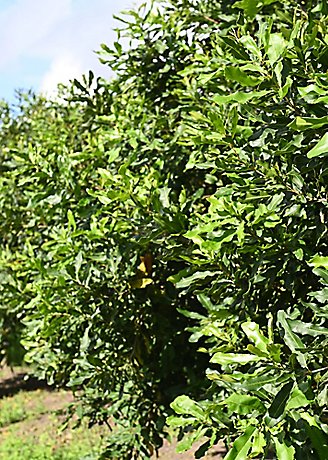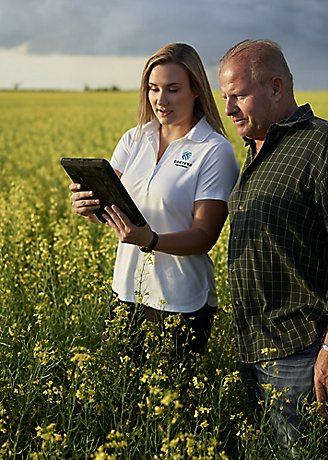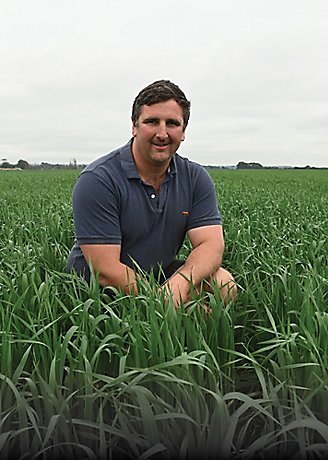A desire to look after the environment and address consumer expectations has been the major driver for New Zealand winemaker, Indevin Group.
Indevin is the largest winery in New Zealand and have vineyards from three of the great wine regions - Gisborne and Hawke’s Bay on the North Island through to Marlborough on the South Island, giving Indevin unmatched scaled and consistent supply of quality New Zealand wine.
Villa Maria Wines is part of Indevin Group and has a clear focus on sustainability, and the environment to ultimately share the best of New Zealand with the world.
Regional Viticulturist, Paul Robinson, is based at Hawke’s Bay where they grow a range of grapes including Sauvignon Blanc, Pinot Gris, Chardonnay, Merlot, Cabernet Sauvignon and Syrah.
Robinson said sustainability was key to growing the grapes and they were always looking at ways to improve their farming practices. Having sustainability at the forefront of our viticulture practices has provided us with an exceptional opportunity to learn more about the terroir in which we grow our grapes.
“For a long time, we were asking ourselves - is this the best way of doing things and what else is out there?” Robinson said. “We are also driven by what we are allowed to use within Sustainable Winegrowing New Zealand and by the markets overseas.”
In the late 1990s and early 2000s, some of the vineyards in Hawke’s Bay and Marlborough embarked on organic conversions and were fully certified by 2007.
“That's one example of going away from the conventional approach and really changing things up,” Robinson added. “We have other practices which are not organic but more sustainable. Broad spectrum pesticides were normal back in the 1990s but that has changed to be more targeted.”
Cover cropping has also been used to encourage beneficial insects and reduce the reliance on pesticides.
“For a long time, we've been sowing phacelia, buckwheat and alyssum in some of our vineyards.” Robinson said. “That was primarily to provide a habitat for beneficial insects. A big one of those is a little parasitic wasp that is a predator for the Lightbrown Apple Moth and Leaf roller caterpillar.”
The pests can bury themselves into a bunch of grapes and the damaged fruit is a main source of botrytis or other rots. Beneficial insects help control the pests before they become a problem.
“It’s been really successful, and we've continued to expand it across the majority of our sites and regions.”
Robinson said they had a wide range of soil types across Hawkes Bay and the country, and they addressed the nutritional needs of individual blocks.
“In Hawke's Bay we've been making our own compost from the leftover grape marc out of the wineries and introducing a few other ingredients to go into the mix.”
“Every year we are taking soil and vine nutrition tests in our select blocks and using those results to determine the timing of particular nutrition.”
Solid fertilizer is spread during the winter and there are options during the season to fertigate through the irrigation system and foliar spray onto the canopy.
“We also look at things that are having less impact on the soil,” Robinson said. “This includes different machinery – multi-row attachments, so we're not driving every single row. All those things are being considered.”
He said they had also implemented alternatives to weed spraying with mowers, cultivation and even sheep grazing as viable alternatives.




